10 Questions to Ask Your Immigration Legal Professional, Attorney, Paralegal, Accredited Representative
3 CommentsWhether you’re hiring an attorney, a law firm, or a paralegal to assist in preparing and filing your immigration applications and petitions, you’ll want them to take responsibility of your case. At Lum Law Group, many of our clients rely on referrals to find us. Our clients trust their cases are in good hands. Many were burned by other attorneys, law firms, or paralegals pretending to be attorneys.
We know that not everyone can, or wants to, rely on a friend or family member’s recommendation for important legal matters. We know the outcome of your immigration case can change the direction of your life. We also know that not everyone can afford our services, and while we offer various payment plans for our trusted clients, even that can be too much for some. As such, we have prepared a list of items to consider when choosing a legal representative for your immigration case. Consider the following even when only hiring an attorney to accompany you to an interview, a paralegal to fill out forms for you, or a law firm to handle your entire case processing.
1. Certifications
Certifications prove that a professional has met certain education requirements, passed tests, and maintained a certain level of knowledge to upkeep their certification. Always check the professional’s certification online to ensure they are still valid. An attorney should have valid bar membership in the United States. A certified paralegal should have a paralegal certification or L.L.M degree.
2. Legal specialty
You wouldn’t hire a history teacher to teach your child math, would you? Similarly, you wouldn’t hire a tax attorney to file your immigration paperwork. Every legal professional, even paralegal, has a specialty, or a slew of specialties that they are proficient in. Don’t assume or expect them to be good at practicing every aspect of law. Find a professional who specializes in immigration, preferably in the country you are immigrating from, with the situation (forms) you need to file.
3. Experience
Certifications are useful for determining a professional’s skill, but experience can trump titles. Find a legal professional who is experienced and confident in what they do. The difference in hiring someone who has filed over a hundred similar applications to a newcomer who’s only handled three cases like yours could be the denial of your case.
4. In-touch and Updated
The law is ever-changing, and so are the forms and requirements for each form. Ask the legal professional what they think about a recent change in immigration law. Ask them about how a change might affect your situation. Ask them about cases they’ve done where new legal developments changed the course of their case. Ask them how they have been preparing for upcoming legal changes. You want a legal professional who is not only certified and experienced, but who also remains up-to-date on the latest immigration law developments.
5. Document Requirements
At the initial visit, your legal professional should be able to tell you what information and documents are required to process your case. After a strategy session, the legal professional should provide you a list of items you need and follow up to promptly receive said documents and information.
6. Fee determination
In immigration, it’s common to have flat rates for various forms and appearances. However, that doesn’t have to stop you from asking how the legal professional arrived at the fee estimation. Are they charging more because they include other fees? Are they charging less because they will bill you for costs? Do you have to assist in the preparation of evidence? Do you have to mail/file the forms yourself? Are there additional fees they recommend?
7. Preparer signature
Much like tax forms, immigration forms also have a “preparer” section at the end, where a form filler can disclose their name, address, phone and fax numbers. This is the section a paralegal or “accredited representative” would fill out. An attorney will fill both that section and require you to sign a Form G-28, Notice of Appearance of Attorney. An attorney or paralegal who does not fill out this information is avoiding responsibility.
8. Accessibility
Does your legal professional have an office? Or are they meeting you in a public space? A borrowed office? A friend’s home? The reason this matters is because you need your legal professional to be available to you. If you prefer email, do they respond to emails? If you prefer phone calls or text messages, are they responsive? If you prefer a messenger, do they offer this service as well? Filing immigration paperwork can be a long and difficult process and it is important that your legal representative is available to assist you.
9. E-file with USCIS
Several immigration forms can now be filed online. The benefits of filing online include automatic status checks, credit card payments, and in-app notices. Attorneys and accredited legal representatives should have an online USCIS account for “representatives”. The difference between you creating your own account and filing by yourself and a legal representative using their account to file on your behalf is that their account shows multiple cases/filings while yours will only show your case status. Ask the legal professional whether they have an existing online USCIS representative account, and whether they are willing to e-file your application for you.
10. Post-filing Service
Sometimes we’re so relieved to get something done that we forget that just because it’s “done” doesn’t mean it’s over. After you file your petition or application, you’ll need to follow up. It’s important to ask your legal professional how often they check the status of your case, how do they check it, and how often they will follow up with you. Is there a designated case manager whom you can easily contact? Is there a portal you can login to and view notes on your case?
Most importantly, what happens if things don’t go well for your case? What happens if there’s a Request for Evidence (RFE)? Do they charge extra? Will it be the same case manager, or does your case get reassigned? What happens if there’s a Notice of Intent to Deny (NOID)? Will the legal representative need to refer you to someone else? Can it be handled in-house? How often does this happen? What are your chances? And what if your case is denied? What will be your options then?
These are all factors to consider when deciding on a legal representative to prepare or process your immigration case. While there isn’t necessarily anything wrong with your aunt’s best friend’s brother’s recommended attorney, don’t blindly rely on someone else’s opinion. Keep in mind that just because they paid for a billboard ad, doesn’t mean they’re the best fit for your situation. Last, but not least, don’t be fooled by a cheap sticker price only to be saddled by hidden fees!
Do you want to ask us these questions? We welcome them! Contact us any time and we’ll be happy to go through this list with you in-person!






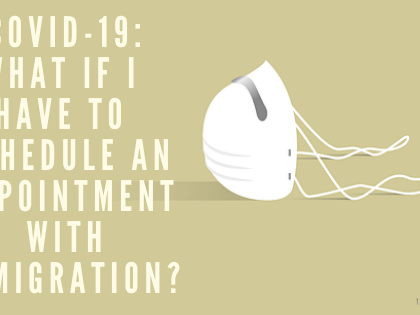
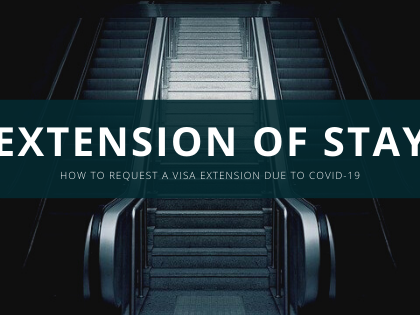















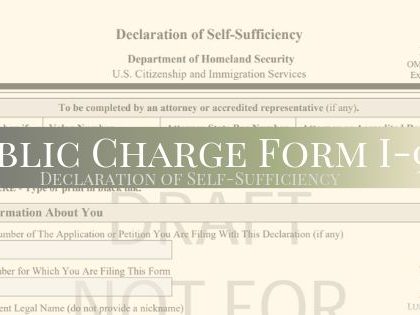




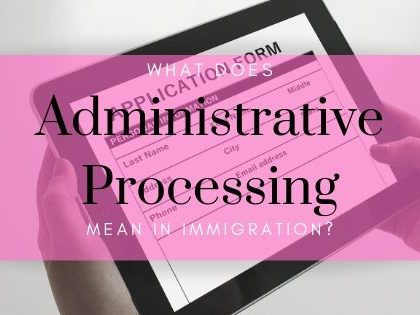



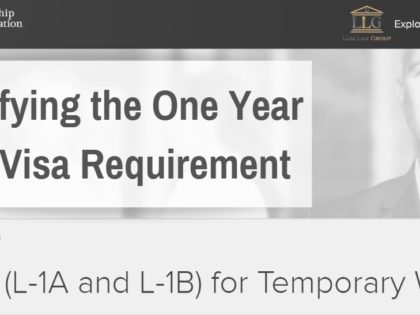















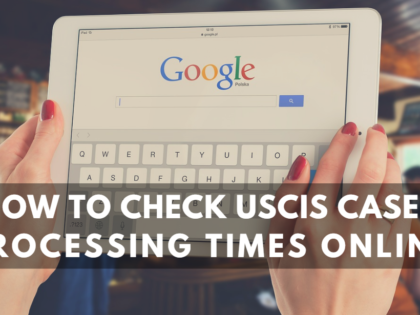
















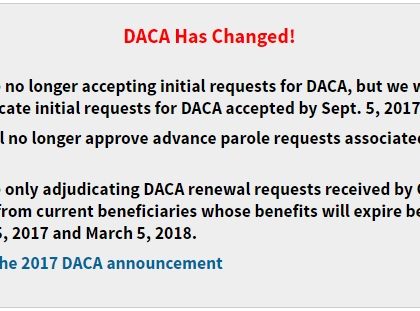










Rosie Beckett
You make a great point that a great immigration attorney will have a lot of legal experience. If I have a family member or friend who needs to talk to an attorney, I would definitely tell them to find a lawyer who has a lot of experience with similar cases to theirs. Also, it seems like a good idea to as about their certifications and bar membership.
Sabio Systems
Such a great insightful guidance, very helpful. Thanks for sharing
Ellie Davis
It’s interesting to know that certifications are used to determine an immigration attorney’s experience. My husband and I are thinking about hiring a lawyer for our maid, and we are looking for advice. I will let him know about the benefits of hiring an immigration attorney to help her.